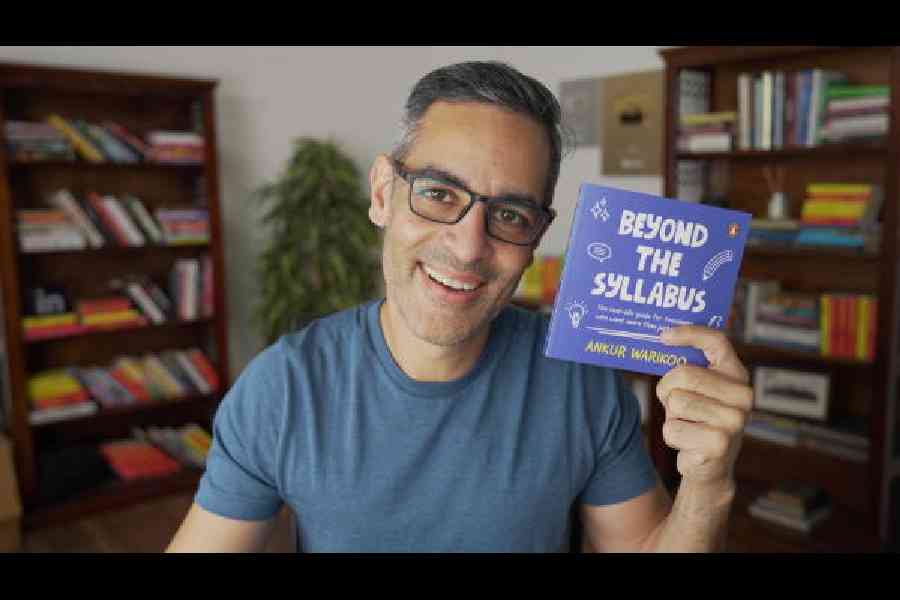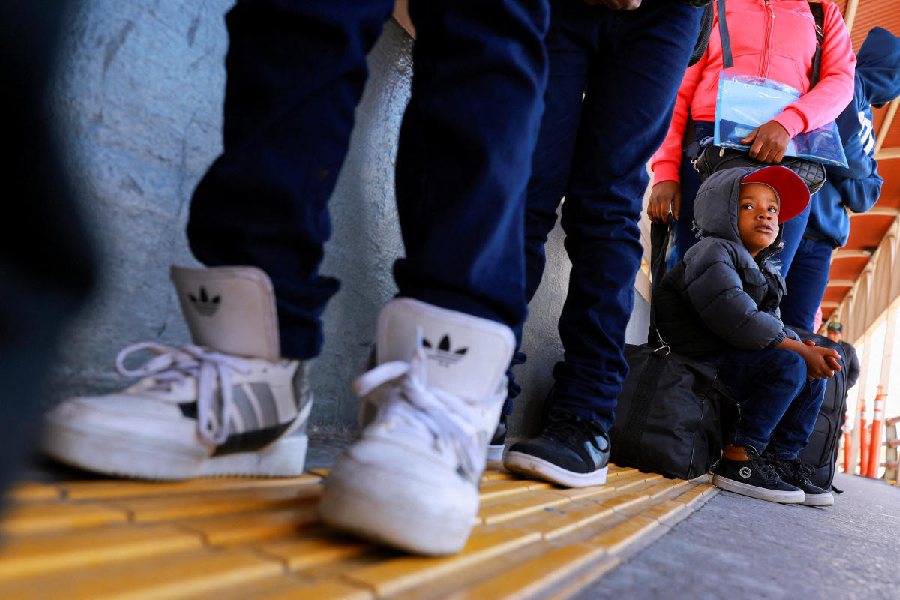Ankur Warikoo, entrepreneur, mentor and bestselling author, has built a unique space for himself by blending practical wisdom with an engaging, relatable style of storytelling. Known for his ability to simplify complex ideas around life, money and choices, Warikoo has become a voice that resonates deeply with young audiences navigating an uncertain world. With his new book Beyond the Syllabus, he takes this connection a step further, offering teenagers bite-sized lessons on relationships, money and self-awareness — skills that often go untaught in schools but are essential to growing up with confidence and clarity.
You’ve often spoken about how schools equip us with knowledge but not necessarily with life skills. If you were to redesign a ‘life curriculum’ for teenagers today, which three topics from Beyond the Syllabus would be compulsory, and why?
If I were to redesign a ‘life curriculum’ for teenagers today, the three compulsory topics I would include from Beyond the Syllabus are relationships, money management, and self-awareness. First, relationships are an essential part of life, and teenagers need to learn not only how to build them but also how to manage them in healthy and respectful ways. This includes friendships, family bonds, and eventually professional and personal relationships. Second, money management is a skill that most young people are not taught in school but is critical for adulthood. It is important to understand how to build the right relationship with money, which means learning how to earn, save, invest, and spend wisely without letting money control one’s life.
Finally, self-awareness is something that allows individuals to truly understand themselves— their strengths, weaknesses, emotions, and values. With greater self-awareness, teenagers can make better choices, handle challenges more effectively, and grow into more confident and grounded adults. Together, these three topics form a foundation that prepares young people not just for exams, but for life.
The world Gen Z is growing up in — hyperconnected, fast-paced, and sometimes overwhelming — is very different from the one you did. How did you ensure your book speaks in a language and tone that feels authentic to them?
This was an important part of the process, and I did that by asking myself the question, what would a book look like in the world of Instagram? I found my answer in the idea of creating it, one page, almost like one reel, at a time. This is how Gen Z consumes content today, in small, disconnected pieces that come together to form meaning. The platform is only the carrier and distributor of that content, whether it is Instagram or a book. Similarly, my book is designed to be read and absorbed one page at a time, making it authentic to their world. And start reading, even just one page a day, and you will walk away with something.
Many young people resist advice because they feel it comes from a different era or mindset. Did you consciously include stories or examples that show you’ve faced similar struggles, just in a different context?
That's the only way to cut through the wall. People don't want to be taught; they want to be understood, especially teens.
If a teenager were to read only one page of Beyond the Syllabus on a random day, what’s the one feeling or mindset you’d want them to walk away with?
I have mentioned it on page 213. You are not just a player in this life. You are a creator. So go on and create something amazing.
In your view, what’s more important for the next generation —learning how to succeed or learning how to recover from failure —and how does your book help them with that?
It is 100 per cent learning from failures. Everyone eventually recovers in some way or the other, but not everyone takes the time to truly learn from what went wrong. That, to me, makes all the difference. The people who win in life are not the ones who never stumble or make mistakes — they are the ones who look at their failures closely, take lessons from them, and come back wiser. My book tries to show teenagers that failing is not the end of the road; it’s often the beginning of real growth and understanding.











